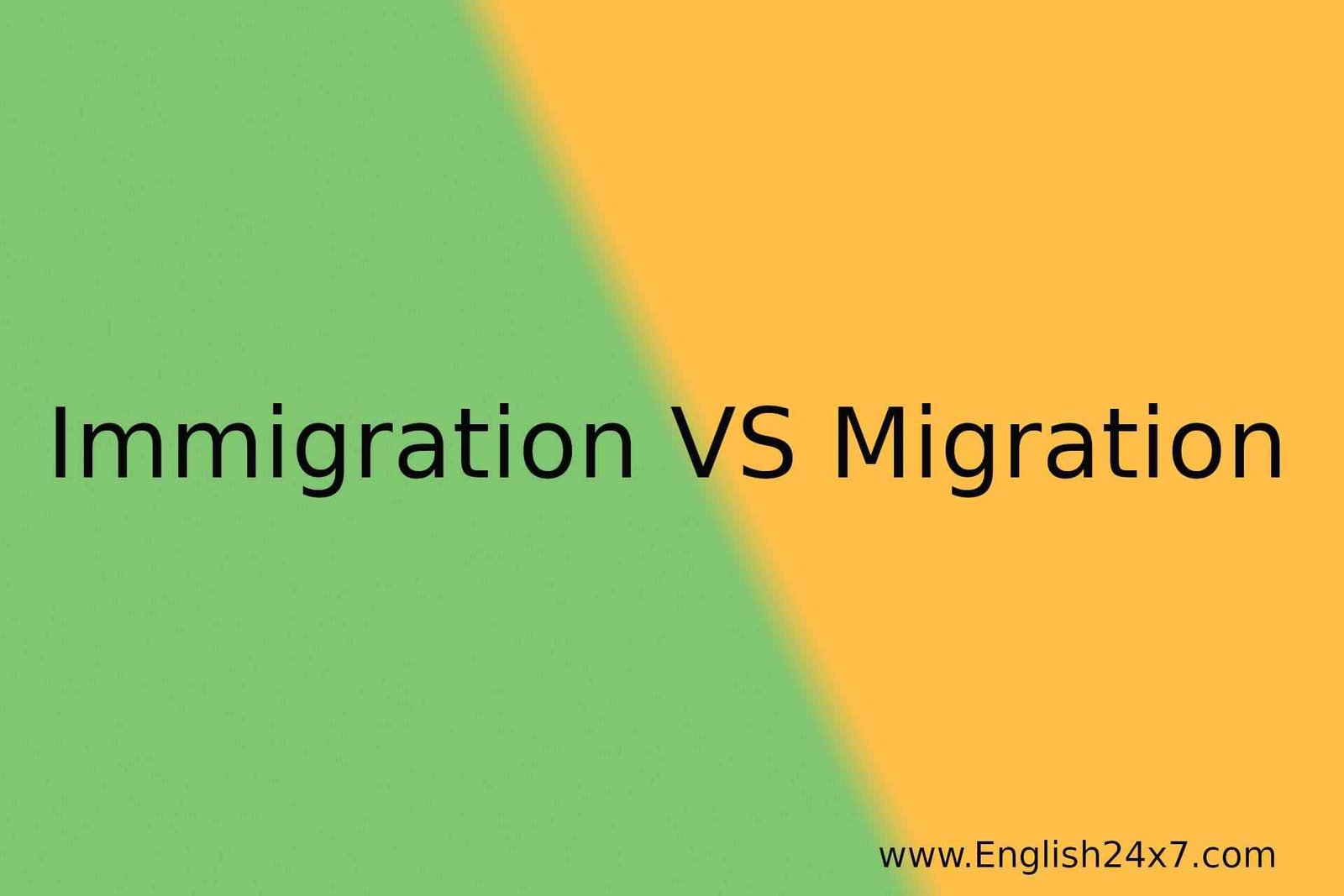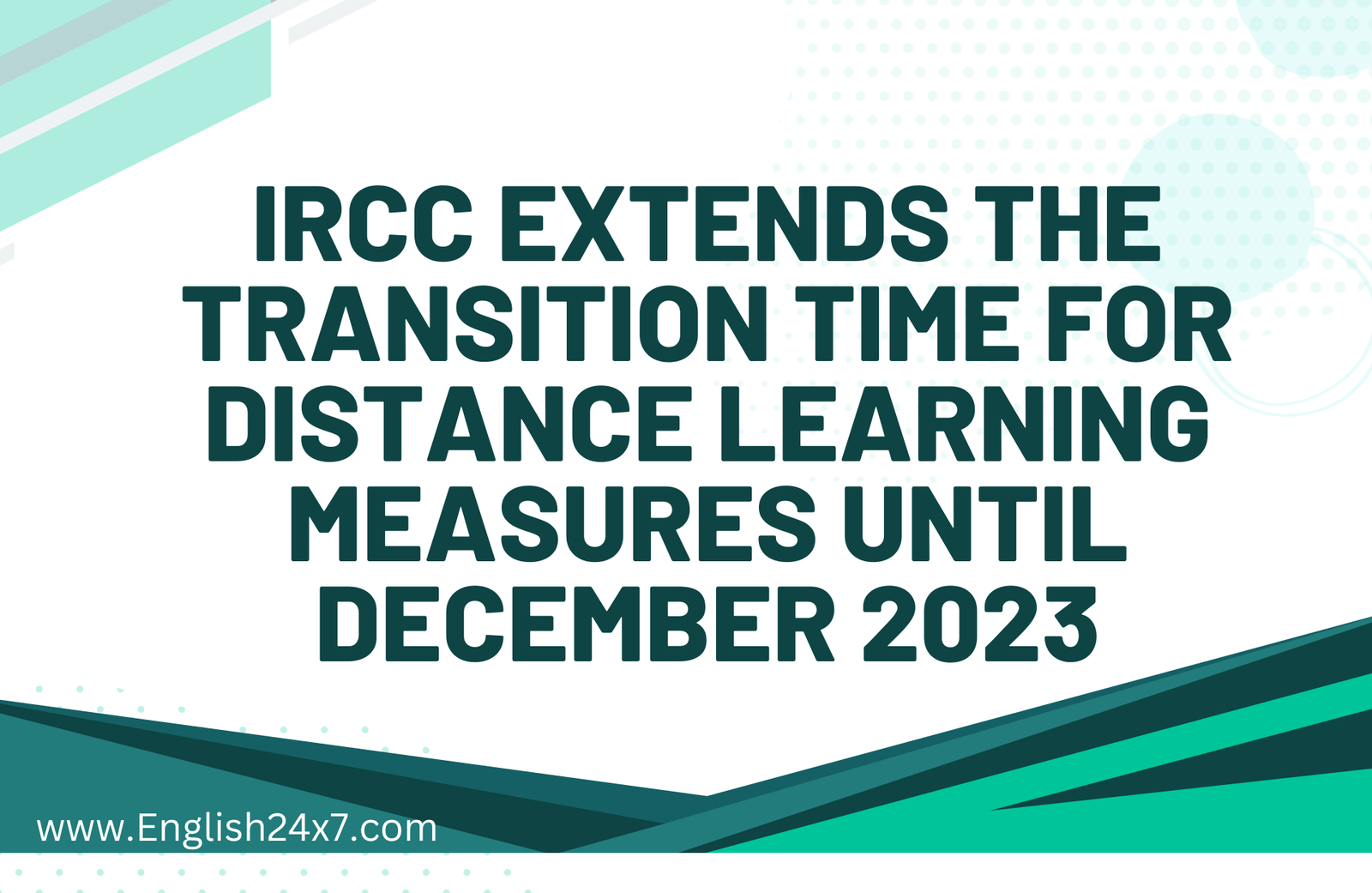
Big Relief Amid Layoffs - Know this about H1-B, L1 Visas
Thousands of Indian techies will benefit from US plans for new H-1B visa regulations.
A non-immigrant visa called the H-1B allows US businesses to hire foreign nationals for specialized jobs that need for theoretical or technical competence.
The US is preparing to restart "domestic visa revalidation" in some categories on a trial basis with the aim of expanding it in the following several years, a move that might help a large number of overseas tech workers on H-1B and L1 visas.
When fully implemented, the pilot initiative, which will be introduced later this year, will provide a great deal of relief for hundreds of Indian tech experts working in the US.
Before 2004, some non-immigrant visa classifications, most notably the H-1B, allowed for in-country renewal or stamping.
After that, foreign tech professionals must leave the nation, usually to their home country, to renew these visas, especially those on H-1B, and get the H-1B extension stamped in their passports.
All H-1B visa holders must have the renewal dates on their passports stamped every time their visa is extended.
If they want to leave the country and come back, they must do this. Re-stamping of H-1B visas is not now permitted in the US.
Only any US consulate can do a restamp. The highly desired H-1B visas are granted for periods up to three years.
Particularly at a time when the visa wait time is over 800 days or more than two years, this was a major nuisance for foreign guest workers as well as for their staff.
A non-immigrant visa called the H-1B allows US businesses to hire foreign nationals for specialized jobs that need for theoretical or technical competence.
It is crucial for technology companies to hire several hundreds of employees each year from countries like China and India.
For applicants who were physically present in the US and renewing a visa in several petition-based nonimmigrant visa (NIV) categories, the State Department facilitated domestic visa revalidation up to 2004, the official added.
In response to a question, a representative of the State Department stated that they are unable to predict how many visa holders would initially qualify but that the pilot will start with a modest number of applicants before growing over the course of the next one to two years.
The Biden administration has made a number of moves in recent months to simplify the visa application process and lessen hassles.
Notably, the State Department appears to have followed through on this suggestion from the President's Advisory Commission on Asian Americans, Native Hawaiians, and Pacific Islanders.
According to the current regulation, which went into effect in 2004, the process for renewing H1-B and L visas include traveling home and submitting their passports, H1 and L1 visas, and supporting documentation by dropbox or interview.
People sometimes receive no response after submitting all the required paperwork for an H1-B visa stamping and are left stuck in their home country for more than 2 years.
The presidential commission had argued in one of its meetings last year that they should not return while their families are waiting for them to do so in the US.
The presidential commission recommended that US Citizenship and Immigration Services permit the restamping of H1-B and L visas in the US on a motion made by commission member Ajay Jain Bhutoria of Silicon Valley (USCIS).
It requested that the USCIS create a distinct division or organization to manage the restamping of extended H1-B and L visas inside the US.
According to the committee, legal immigrants who are invited to work in the US to help US businesses and the economy have found the entire procedure to be extremely difficult.
For more updates, keep visiting www.english24x7.com!







